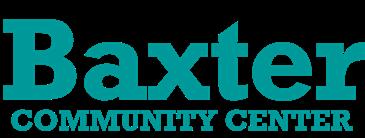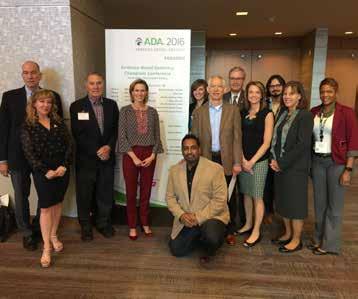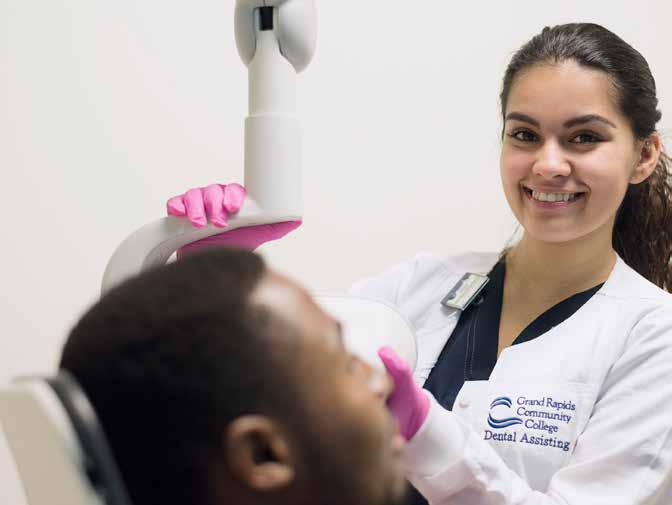PRESIDENT’S MESSAGE
What is “Normal” Anyway? By Kathryn A. Swan, DDS, MS Caledonia WMDDS President
As the months of this pandemic continue to pass, I have started hearing about the “new normal.” So many aspects of our lives and practices have changed. Some things we can anticipate will no longer be necessary after the pandemic ends. Others, however, will either still be necessary or may even be recognized as an improvement and therefore be made permanent. It’s clear there is little, if any, chance of going back to the way things were. For many people this is disappointing or scary. Fortunately for our colleagues, however, I suspect the dental community is more prepared for this type of adaptation than most. For one thing, our profession relies heavily on advancing technology and individual intellectual curiosity. The changes in dentistry since I graduated in 2004 constantly amaze me. The new materials available for crown and bridge work, the adoption of three-dimensional radiography, the commonplace use of dental implants, and minimally invasive preventative treatments like SDF have all become mainstream in the practice of dentistry. And while continuing education is a licensing requirement, dentistry has always attracted people who are internally motivated to be lifelong learners. Sure, if someone wants to practice the same way for thirty or forty years there isn’t much stopping them. And yet it’s simply not what we see happening. The clinical practice of dentistry evolves over time, not so much due to the lab research being done at our universities, but by the individual clinical practitioner seeking out new and better techniques, perfecting them in their practice, and sharing this information with colleagues. In private practice, we are constantly adapting. Practice management requires consistent attention, not only to the practice metrics, but to the teams we manage. Finding the right combination of personalities and skill sets is only the beginning. Continuing to meet the needs of our WEST MICHIGAN DISTRICT DENTAL SOCIETY | HOLIDAY ISSUE 2020
team members as their lives evolve is an additional challenge. In direct patient care we must react not only to the clinical situation at hand, but also to the particular tolerance of the patient for our dental procedures. Their level of dental fear, their baseline understanding of dental health, and how much of a priority they make their dental care are all factors in how the treatment is performed. As a wise instructor once told me, dentistry would be a lot easier if the teeth weren’t attached to people! A pandemic has made this even more true, as everyone’s lives are more turbulent than ever. Psychological stress and anxiety are unbelievably high, making everyone just a little less tolerant of the unexpected —including all those new policies and procedures we’ve had to implement. Perhaps it’s wishful thinking, but I expect to see this aspect of our work get a bit easier as everyone’s lives stabilize and stress levels return to a more normal state. Finally, it’s been argued that dentistry was more prepared from an infection control standpoint than any other segment of health care. Having established a mindset decades ago of treating everyone as though they could be infectious gave us a head start in protecting ourselves and our teams. Of course, there are some pandemic related parts of our infection control protocol that none of us will miss if they eventually go away (parking lot waiting room, anyone?). But others, like the augmented air filtration systems many have installed, will simply continue to keep dentists and their teams healthier. So as it turns out, the old adage is again relevant: The only constant in life is change. In this case, the changes were sudden, often costly, and not of our own choosing. Fortunately, our profession is always evolving and once we all get a chance to stop and reflect on this time, I believe we will look back and be pleasantly surprised by how quickly we were able to adapt. As far as dentistry goes, we’ve got this. I hope you are all enjoying the holiday season, and taking advantage of the extra time at home and with family. May the end of 2020 be profitable for you all, and may 2021 bring us an end to the pandemic, a reduction in stress levels, and the chance to gather with our colleagues once again.
7







